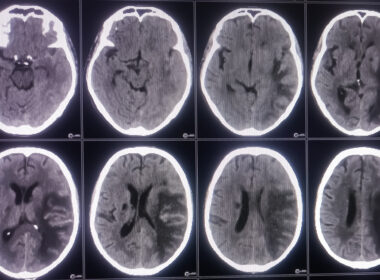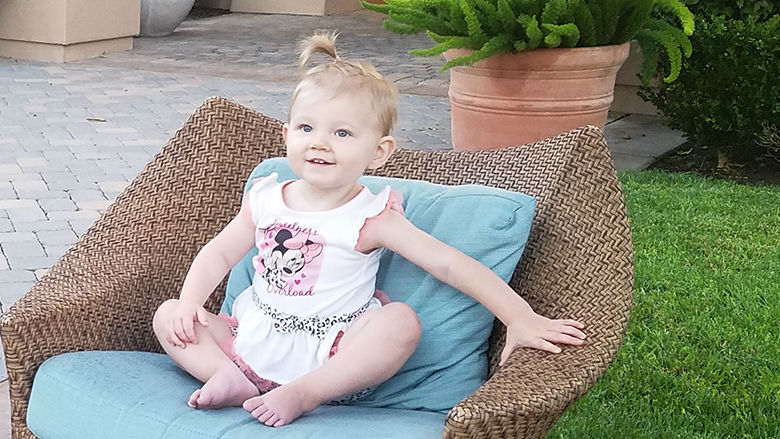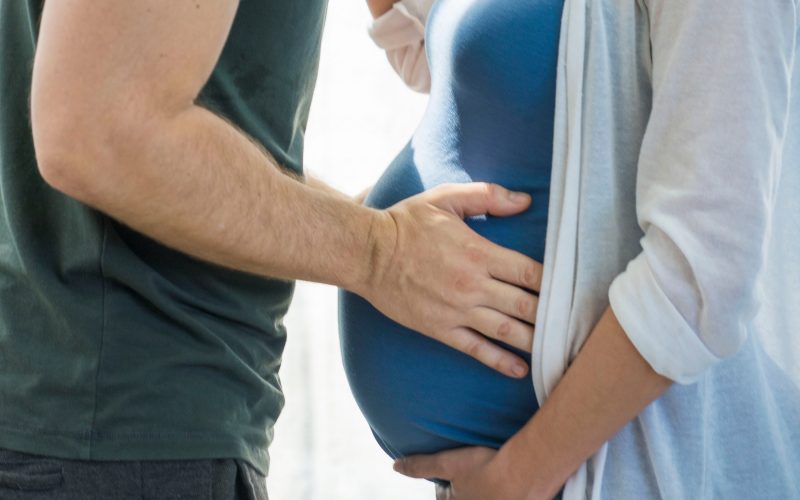One of the possible injuries that can happen during childbirth is a brachial plexus injury. This condition is relatively rare as it happens in two to three newborns per 1000 births. However, it can have serious implications for your child’s health and development.
In this article, we will walk you through everything you need to know about brachial plexus injuries in newborns. We will cover the symptoms, causes, and potential legal implications. By the end of this post, you will have a better understanding of this condition and what you can do to help your child.
What Is The Brachial Plexus Injury And What Are The Causes?
A brachial plexus injury is a type of nerve damage that can occur when the baby’s head, neck, or shoulder is pulled too hard or forced into an abnormal position during delivery.
This can happen if the baby’s shoulder gets stuck in the mother’s pelvis during childbirth. Other causes of brachial plexus injury include (but are not limited to) birth defects, tumors, and accidents.
Risk factors that can increase a newborn’s risk for brachial plexus injury include:
- Being born prematurely
- Having a large birth weight
- Forceps or vacuum extraction during birth
- Being born by breech delivery
- Maternal obesity
- Having shoulder dystocia during delivery
Almost one-third of those who have had a brachial plexus birth injury (BPBI) suffer lasting neurological abnormalities or disabilities.
You may be entitled to compensation if your child has suffered a brachial plexus injury during the delivery process. Contact a medical negligence lawyer to learn more about your legal rights and options.
Types Of Brachial Plexus Injury
Brachial plexus birth injuries are generally classified based on the type of nerve damage involved. The classifications are:
Stretch (Neurapraxia)
Neurapraxia occurs when the axons of the nerve stretch beyond their range of normal motion. The result is a temporary reduction in muscle strength and a temporary loss of sensation or motor control. This injury can occur during delivery and usually resolves within the first three months of the baby’s life.
Rupture
Another common type of brachial plexus injury is rupture, which occurs when there is a tear in the tissue around one or more nerves, but outside the spine area. A ruptured brachial plexus will typically require surgical repair.
Avulsion
Avulsion injuries occur when a part of the brachial plexus is torn away from its original attachment site on the spine. These types of injuries are rare, about 10 to 20 percent, but can cause serious problems and typically require nerve transfers to the damaged area.
What Are The Symptoms Of Brachial Plexus Injury In Newborns?
Symptoms of brachial plexus injury typically occur based on the exact injury or the type of brachial plexus injury.
Erb’s Palsy
Erb’s palsy is a type of brachial plexus palsy (BPP) caused by damage to the upper roots of the brachial plexus. This can result in paralysis of the upper arm, between the shoulder and the elbow.
Klumpke’s Palsy
Klumpke’s palsy is a type of BPP that is caused by damage to the lower roots of the brachial plexus. This can result in paralysis of the lower arm, between the elbow and the fingers.
Horner’s Syndrome
Horner’s syndrome is a neurologic condition that is caused by damage to the nerve that controls the brain, face, and eye.
While it is true that the conditions relating to brachial plexus injury are different, they all share similar symptoms. These symptoms can vary from mild to severe and may include
- Weakness or paralysis in the affected arm
- Loss of feeling in the arm or hand
- Loss of movement in the affected arm
- Muscle waste in the affected arm
- Absence of Moro reflex on the affected side
- The affected arm turned toward and held against the body
- In some cases, the arm may be permanently paralyzed
- Constricted pupil, drooping eyelid, decreased sweating (these symptoms are typically associated with Horner’s syndrome).
In some cases, babies with a brachial plexus injury may also have a problem with their breathing or swallowing.
If you think your baby may have a brachial plexus injury, it’s important to seek medical help right away.
Who Is Responsible For Brachial Plexus Injury During Birth?
As already established, a few factors can cause brachial plexus injury during birth, including the baby’s position during delivery, the size of the baby, and the use of forceps or vacuum during delivery.
In some cases, the doctor or midwife delivering the baby is not responsible for the injury. Instead, it is usually due to factors beyond their control. However, there are cases where they may be able to avoid these factors and prevent the injury from happening. This is typically the case if the doctor or other medical professionals were negligent and made a mistake during delivery.
In this kind of situation, it’s essential that you speak with an experienced attorney who can help you understand your legal options.
Getting Legal Help For Brachial Plexus Injury Caused By Medical Malpractice
Brachial plexus at birth can be caused by various things, but medical negligence is one of them.
If your child has suffered a birth injury due to malpractice, it is important to find out if you can sue and get compensation. To do this, it’s vital to speak to a birth injury lawyer.
An experienced attorney can help you understand your rights and options, and help you seek financial compensation for the pain and suffering you and your baby are experiencing.
There are different ways to find a lawyer who can help you with your case. For starters, you can ask your friends or family. You can also search online for lawyers who handle these types of cases.
Justpoint is one of the best online resources for finding lawyers who specialize in birth injuries.
Request a free case evaluation today.












